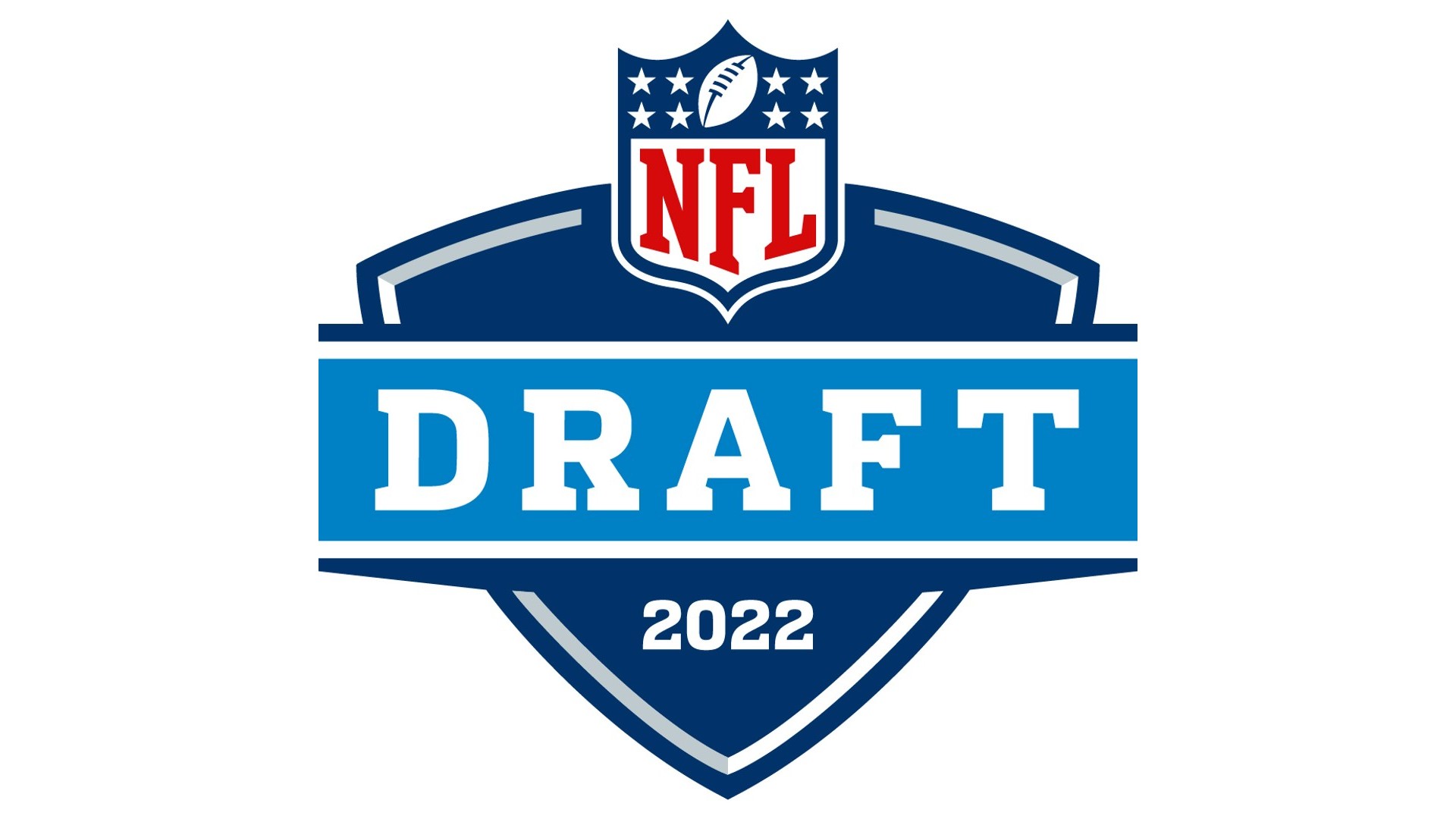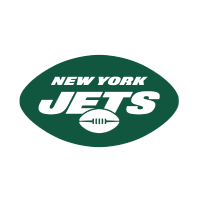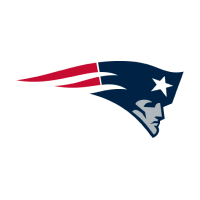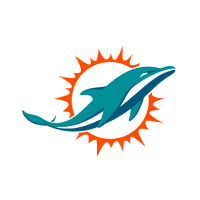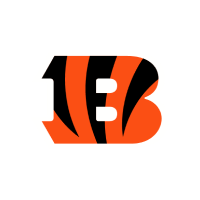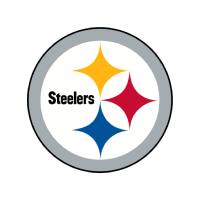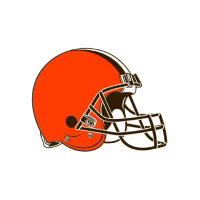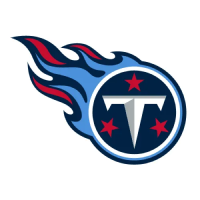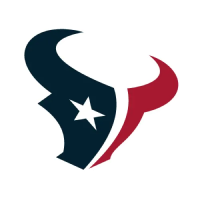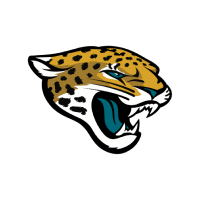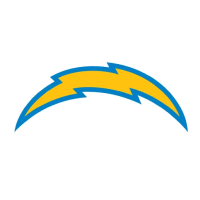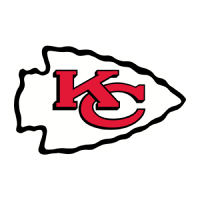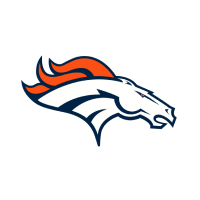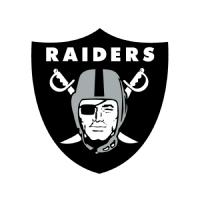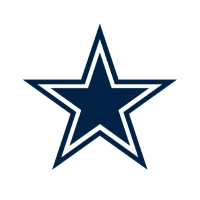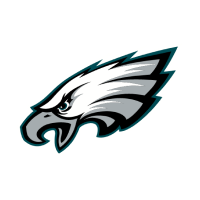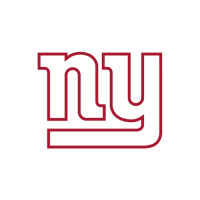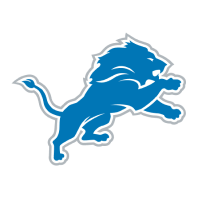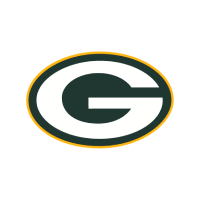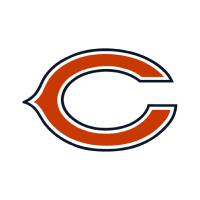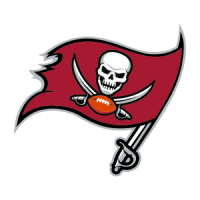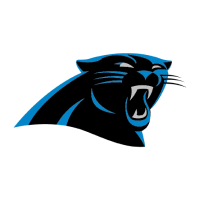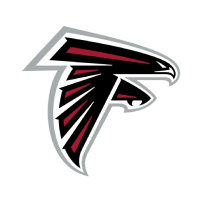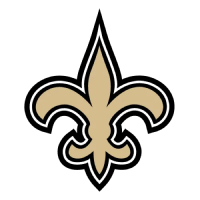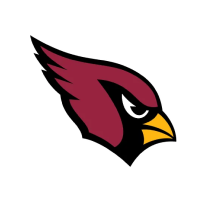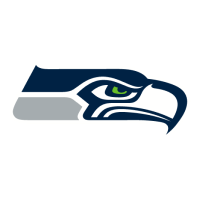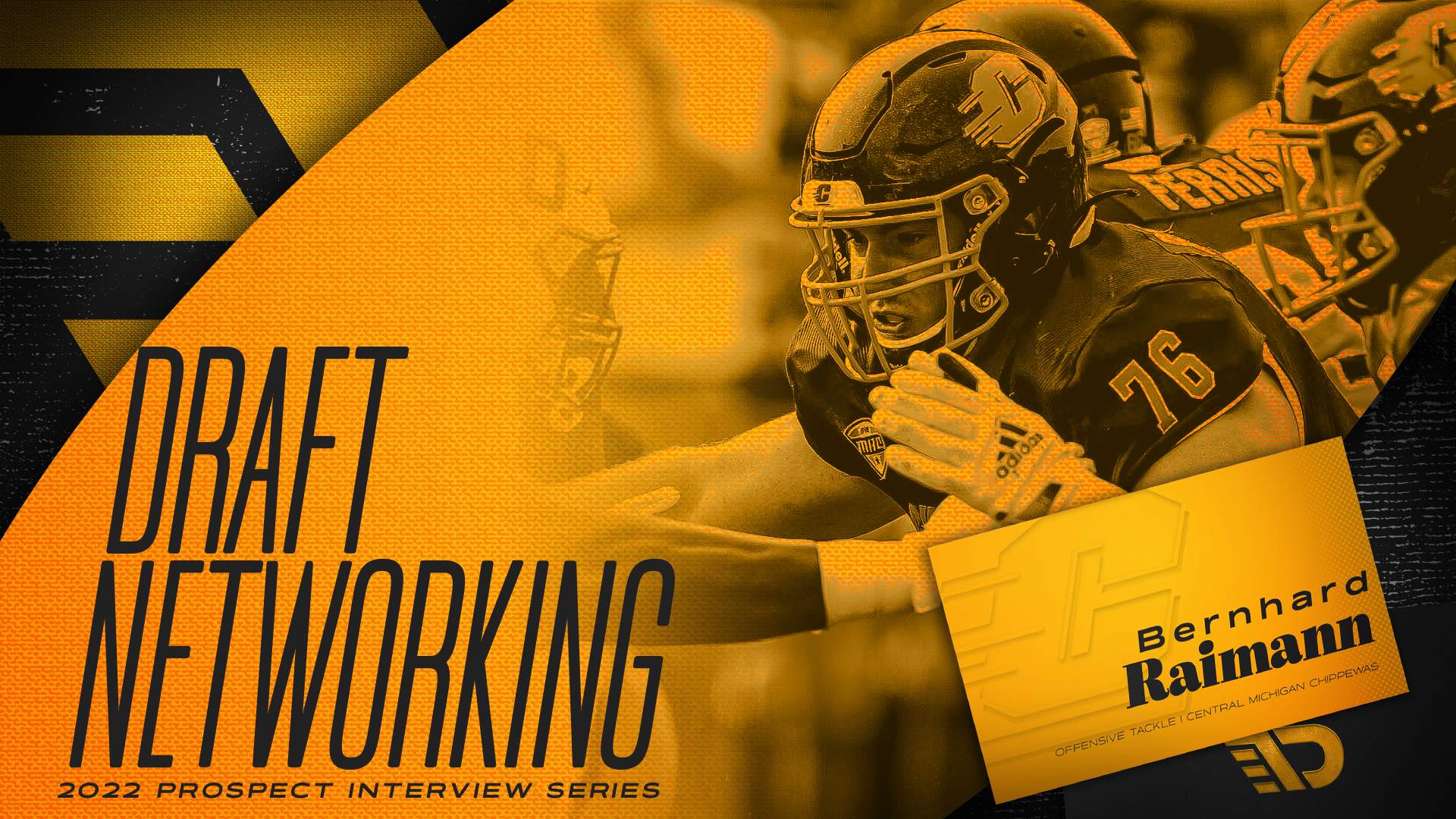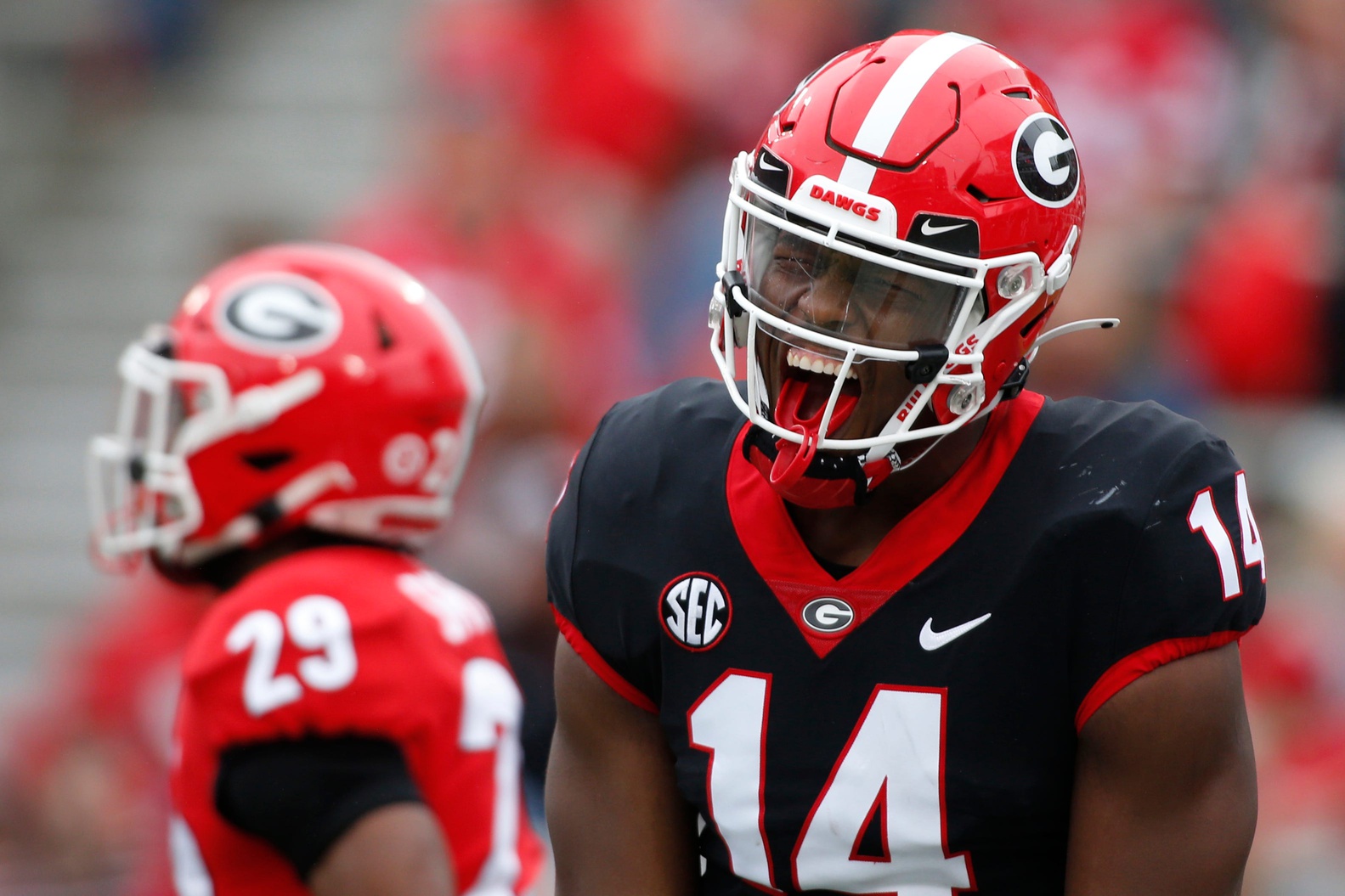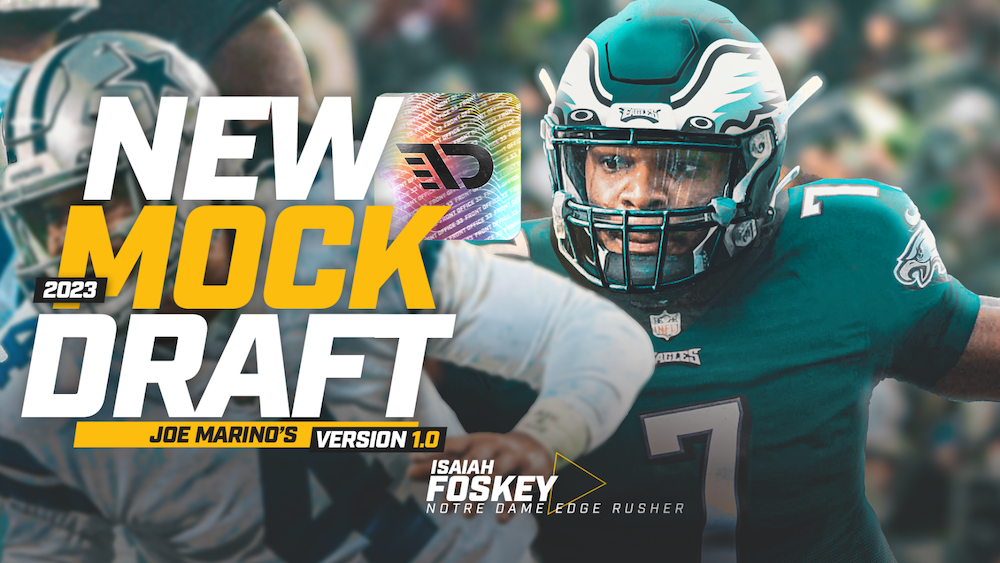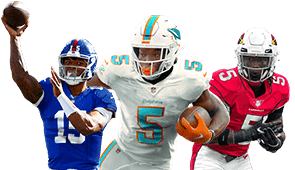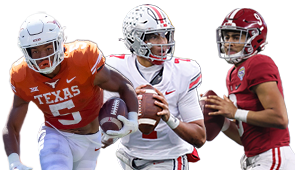We’re going to see offensive tackles drafted early and often throughout the 2022 NFL Draft. Every NFL team desires a dominant left tackle they can rely on to protect their franchise quarterback in today’s pass-happy league. A lack of offensive line depth was quite evident all throughout the league in 2021. These factors could help make Central Michigan’s Bernhard Raimann a first-round selection on Thursday.
The sky’s the limit for the supremely athletic and physically imposing Raimann, who is considered an exciting and ascending talent.
Raimann recently spoke exclusively with The Draft Network regarding what life was like growing up in Steinbrunn, Austria, making the transition from tight end to left tackle, playing college football at Central Michigan, developing his craft and maximizing his skill set, why hard work will carry him a long way, and oh, of course, all you can eat french fries at Red Robin.
JM: I’m sure you’ve answered this question a bunch, but being of European descent myself, I’m certainly curious. What was life like growing up in Steinbrunn, Austria?
BR: Yes, people have been asking me that question since I completed my first foreign exchange year. To be quite honest with you, it’s a difficult question to answer because I only grew up in Austria, so it’s difficult for me to compare it with other countries. Growing up in Austria was awesome. My family took really good care of me. My parents and my grandmother were extremely hard workers. I always had everything I ever needed. We always had good food on the table and a roof over our heads.
I think the only difference between growing up in America and growing up in Europe is how involved the school system becomes in sports. For example, I played soccer growing up in Austria, but it was always through a separate club outside of the school. If you grew up in Europe and didn’t want to play for a club outside of your school, there’s a good chance you’re not playing sports or doing anything after school whatsoever. You’re just going to your classes from 8 a.m. to 3 p.m. and then you’re going home.
That’s something I’ve really enjoyed becoming familiar with as an exchange student in America. The education system is very involved with sports in comparison. You have so many options to play sports within the school. You don’t have to travel anywhere. It’s not difficult to become involved in sports if you want to be. The teachers and the entire school are so involved. You have pep rallies, marching bands, and so on. The entire town and community really gets involved and gets behind the program, and the sport of football especially. That was awesome for me. That was probably the biggest difference between growing up in Europe and America for me.
JM: That makes a lot of sense. Soccer is the most popular sport in Austria and it’s played through the club level. How did you first become interested in football?
BR: It happened pretty randomly, to be honest with you. I was 13 years old at this point, and I was still playing soccer. I grew tired of the sport. I was looking for something more physical.
We had moved to the suburbs of Vienna. Some guys down the street from us were playing catch with a football. At that point, that was the first time I had ever seen an egg-shaped ball like that in real life (laughs). It looked interesting to me and I ended up playing with them. We had a lot of fun. We turned it into a game of tackle football. That’s what we did, we played together out on the streets. I thought maybe it would be a fun sport for me to try.
I started searching around and I found the Vienna Vikings. Luckily for me, the Vienna Vikings were holding tryouts just a few weeks later. The date of the tryouts coincidentally fell on my birthday. For my 14th birthday, we showed up to the Vienna Vikings’ training facility. They had a really nice football turf, an entire turf field. They also had a separate turf that was about three-quarters of a football field. The entire place was packed with people. Young me was a little nervous. I didn’t want to go in, and my dad ended up pushing me through the doors (laughs). Luckily for me, it all worked out.
I went through the tryout process and they accepted me. I started learning and playing the sport at the same time. I became more familiar with the rules and I really fell in love with the game. That’s what ultimately made me decide to become an exchange student.
JM: That’s an unbelievable story, and it sort of brings me to my next question. You then arrived in Michigan via the high school exchange program you just described. What was the biggest culture shock you first experienced upon arriving in America?
BR: That’s a tough question. When I first got there, I remember when the family I was staying with picked me up from the airport and immediately took me to Red Robin for all-you-can-eat french fries (laughs). I had never seen or experienced anything like that before. That was definitely a culture shock at first (laughs). That was awesome. I’ve always loved food and I had never seen anything like that before.
Overall, I would notice some little things here and there. I obviously knew a lot about America going into my exchange year. I had spoken with other guys that had previously completed the program through the Vienna Vikings. Some of the older guys were exchange students themselves. I learned a lot from them. Also, a lot of the coaches from the Vienna Vikings actually come from America. They played high school and college football in the United States, so they helped prepare me as well. They ended up playing professionally in Europe.
I was very well prepared. They gave me advice as they spoke about their experiences in great detail. I never really had one big culture shock moment, outside of the french fries I guess (laughs). I was very well prepared for the experience.
JM: That’s a terrific story (laughs). You actually started out as a 230-pound tight end. What was the transition to left tackle like for you? Did playing tight end make you a better offensive tackle? If so, how?
BR: Previous experiences at tight end definitely made me a better offensive tackle. On one hand, it allowed me to maintain my athleticism even while gaining weight. On the other hand, it gave me a much better understanding of our offense in general and how defenses reacted differently to our concepts. Playing the tight end position gave me a great initial grasp of all that. The duty of a tight end on any given play can completely change how the defense reacts. I think both from an athletic and football IQ standpoint, it’s helped me in every way possible.
JM: It must have taken a ton of dedication to put on the right amount of weight to the point where you’re now tipping the scales at over 300 pounds. What was that journey like?
BR: The first 30 or so pounds happened quite naturally. I was really enjoying the food at our school cafeteria (laughs). That was super easy. Once my coaches asked me to change positions, I was trying to gain more weight, but like you mentioned, I had to do it the right way in time.
I became more strict about my diet and eating schedule in general. I would have my snacks every few hours and I always knew what I was going to eat. I began increasing the portion sizes of all my meals. It was tough in the beginning. You test out the boundaries. I may have overstepped on a few occasions in the beginning and maybe I threw up (laughs). It was a growing process for me. I had to stretch out my stomach at first.
Today, for example, it’s gotten so much easier for me. It’s routine now. I’ve gotten used to the bigger portion sizes. It’s essentially my everyday eating habit now.
JM: When we turn the tape on, we see a prospect with every physical tool at his disposal to develop into a high-level blocker. What’s your identity as an offensive tackle?
BR: I would say I’m a smart and aggressive offensive tackle. I make sure I’m both of those things. I love being physical on the football field. I love dishing out pancakes. I love dominating in pass protection and running over my opponents in run blocking. At the same time, I’m also an extremely intelligent player that knows exactly when to behave in such a manner. I understand the concepts of our offense. It goes back to what I said earlier about my tight end days. I know exactly what’s going on around me. I know what the other guys are doing.
I use those things to my advantage. I’m very aware of the game. I try to make sure that I won’t get a stupid holding penalty that’s going to cost our team the game, or a drive even. I’m not going to get penalized for a late hit or something silly after the whistle. I’m never going to hurt my team. Being able to do both, to be both smart and aggressive is something that really sets me apart from some of the other guys in this draft class.
JM: Balance is key. I’m wondering if the term “potential” has come up a lot throughout your pre-draft meetings.
BR: Yeah, it definitely has. Speaking with all of those coaches, they’re excited to put the film on and tell you things you did right, and things you did wrong as well throughout your college career. They talk about the potential I have as a tackle. Some people have spoken about the potential I have to kick inside and play guard. Potential comes up quite a lot throughout my meetings.
For me personally, the term “potential” doesn’t mean much to me honestly. It just means you haven’t done something yet. For me, I take it as motivation to work even harder throughout this pre-draft process, and even more so going forward. That’s how I can make sure my potential will translate to tangible on-field success. I want to achieve real results. For me, it’s nice to hear that I have a lot of potential but I’m very well aware of the fact that it doesn’t mean anything until I put the work in and actually execute it.
JM: I absolutely love that answer. Would you say your game is more developed in pass protection, or as a run blocker at this point in time?
BR: It’s hard for me to say. I’ve had coaches discuss certain aspects of my game. Some coaches think I’m more of an advanced run blocker, and other coaches feel better about my current results in pass protection. I’ve heard constructive feedback and criticisms in both areas. That makes it difficult for me to say personally. I know I have things to work on throughout this pre-draft process.
I’ve worked a bunch on my placement and the timing of my strike. Those things will obviously help me in the run game, but it will ultimately translate in pass protection as well. I’m currently developing into a better all-around offensive lineman. Every aspect of my game will continue to take the desired steps forward. I’m just trying to take it step by step while not overly focusing on just one aspect right now.
JM: That makes a ton of sense. In pass protection specifically, how do you handle speed differently than power?
BR: Going into a game, I love watching film on my opponent in order to figure out what their tendencies are, and what kind of rusher they are. If he’s a speedy and slippery guy, an agile rusher, that’s when I try to be more patient with my strike. I might put the ball in his court and let him make his move first.
If you put your hands on that type of rusher too early, that’s exactly what he wants. He might hit you with a spin move, a counter, or speed-to-power. That’s something you learn the hard way playing a position on the offensive line. You have to decide how you’re going to approach all of these different defensive ends. I’ve had some great coaches that have really helped me out with that.
You want to set the tone with those power rushers. You try to strike him first. That’s something I was taught by some really great offensive line coaches. I’ve implemented that mindset into my game, and it’s really worked for me personally.
JM: It shows on tape. NFL teams typically ask difficult questions in meeting rooms. If teams are asking about a lack of experience, or playing at what’s considered to be a smaller school in Central Michigan, how are you addressing those questions?
BR: The lack of overall experience is something I can’t change right now but I also believe my film speaks for itself. We did have games against bigger programs such as Missouri and LSU this past season. If you watch those tapes, our offensive line had strong performances in both contests. It showed that yes, you may not have as much experience by going to a smaller school, but you can achieve anything with the right work ethic and coaching. I think my tape speaks for itself.
For me personally, I’ve reminded teams that my lack of experience really says something about my strong work ethic. Coming over as an exchange student, playing tight end, and now without too much background as an offensive tackle, I’ve been able to transition positions during a year impacted by COVID. I wasn’t able to work with the coaches in-person during my biggest transition period. I was able to work on my own, send coaches videos and self-correct my mistakes with the feedback I went out seeking. I invested a ton of time and effort into myself. I think it says a lot about my work ethic and how much I love getting better and working on my techniques. I love football in general. I think all of this speaks for me, certainly more so than it speaks against me.
JM: There’s absolutely no denying that. That may be one of the best answers I’ve received to any question I’ve ever asked a prospect. I’m curious which teams you’ve met with throughout the process, either virtually or via in-person Top 30 visits?
BR: I met with scouts from all 32 teams at the Senior Bowl. I had more meetings at the combine and meetings through Zoom. I also went and made a bunch of in-person Top 30 visits. From the scouting side of it, I’ve certainly spoken with scouts from every single team. From a coaching perspective, I’ve probably spoken with the offensive line coach of all 32 teams. In some cases, I’ve spoken with several head coaches as well. As you can see, I’ve had multiple, multiple meetings.
I’ve made in-person visits, but I’m keeping those details private at this time out of respect to the teams that flew me out. I’ve been able to build a lot of relationships with coaches throughout that process. It’s been awesome, especially with me coming from Austria. I grew up watching a lot of these coaches on television. I admired them in a sense for what they do and what they’ve been successful with. Getting to meet all of these people has been an awesome experience for me. It’s been really cool getting to know them on a personal level and allowing them to get to know me on a more personal level as well.
I’ve had some really great visits. Being from Austria, I’ve also really enjoyed seeing some different parts of the United States because I haven’t had too many chances to visit all of these wonderful cities and states. It’s been very cool to become familiar with all of these places in person.
JM: There’s a lot of interest in you and it’s easy to see why. I’ve really appreciated your time today. I feel like this conversation has highlighted why Bernhard Raimann has a chance to develop into the best offensive tackle in the 2022 NFL Draft. This has been one of my most enjoyable conversations throughout this pre-draft circuit. In closing, why should a team use a first-round selection on Bernhard Raimann on Thursday?
BR: I’ve proven over and over again that with my work ethic and my love for the game, the sky is literally the limit for me. That’s something that speaks volumes about my personality. It’s who I am as a person. The value of hard work was instilled in me at a very young age. That’s who I’m going to be in the locker room every single day.
Whoever drafts me is going to win a few Super Bowls. Isn’t that what it’s all about at the end of the day?
Filed In
Related Articles
NFL Draft
Arik Gilbert Doesn’t Need Big Workload To Be A Top NFL Draft Pick
- Aug 22, 2022
NFL Draft
2023 NFL Mock Draft: Marino 1.0
- Aug 22, 2022
Written By
